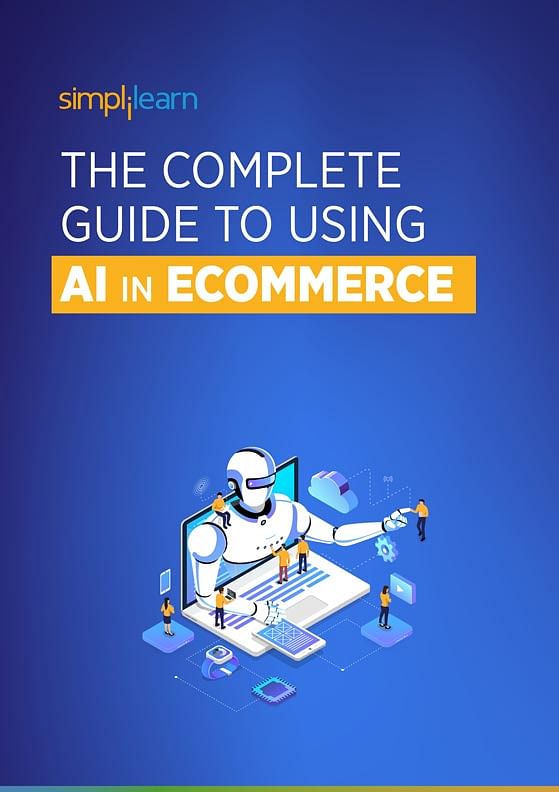Despite the downturn in the global market, the eCommerce industry keeps growing at a fast pace. According to a Statista study, eCommerce sales accounted for 14.1 percent of total global retail sales, and the upward trend is set to reach 22 percent in 2023. As the number of digital shoppers exceeds 2 billion, market analysts predict that by the end of 2020, cumulative eCommerce sales volume will rise to $4.13 trillion. 99 Firms, in its Ecommerce Statistics for 2020, states that 95 percent of retail customers will conduct purchase transactions via eCommerce by 2040.
While the e-retail market is booming worldwide, online retailers must remain aware of and focused on the latest stats and trends in the eCommerce industry. Staying up-to-date will enable them to make more informed strategic decisions that drive business growth. The Global Consumer Survey Report 2019 recommends that e-commerce companies should not only measure the Return on Investment (ROI), but they should also assess the Return on Experience (ROX) to determine how user experience impacts their business.
If an online retail business is to survive in the fiercely competitive e-commerce market, it must make customer experience a top priority, all the more so when studies show that the percentage of shopping carts abandoned is shockingly high at 68.8 percent. Abandonment of shopping carts is a critical problem in the eCommerce industry, which stems from a variety of issues related to the website’s design, slow-loading pages, a complicated shopping process, payment gateway errors, long response time, and unsatisfactory customer interactions. The Baymard Institute, an independent web usability research organization, pinpointed 39 areas where a majority of eCommerce companies need improvement to enhance user experiences, in terms of speed, convenience, accuracy, knowledge of customer preferences, and 24/7 availability.
To address the difficulties end-users face, many online retail brands are adopting AI in eCommerce customer journey stages. AI in e-commerce enables retailers to collect and analyze data in near real-time, facilitating competence and efficiency in driving revenues and enhancing personalized experiences. In this eBook “Complete Guide to using AI in e-commerce”, you will learn the use of AI in the ecommerce industry, its applications, and the job opportunities opening up due to AI’s growing prevalence in ecommerce and more. Download the AI in e-commerce ebook now!

